Fall Break in Tanzania:
Culture & Community Centered Development
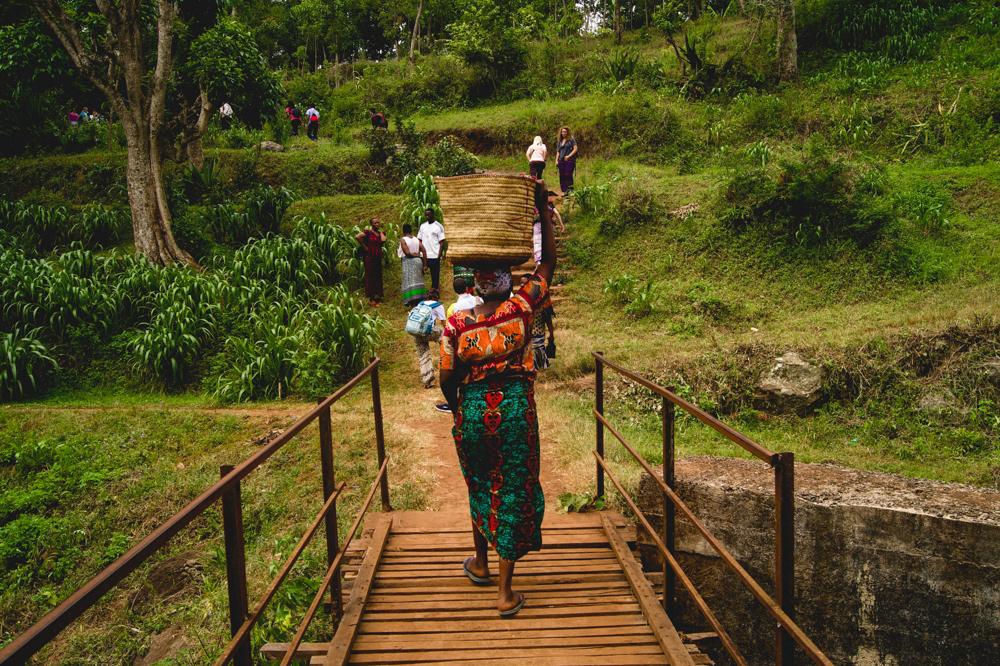
Check out the DrexelNow feature story on the local impact of this program!
Coupled with community-centered learning in Tanzania, this co-curricular course introduces students to the complexities of development and volunteerism – from large institutions and NGOs to small grass roots organizations. Students will explore how development efforts can further marginalize the very communities they intend to serve. We will then examine the value of a community-driven approach that recognizes culture and history as a model for local and global sustainable development.
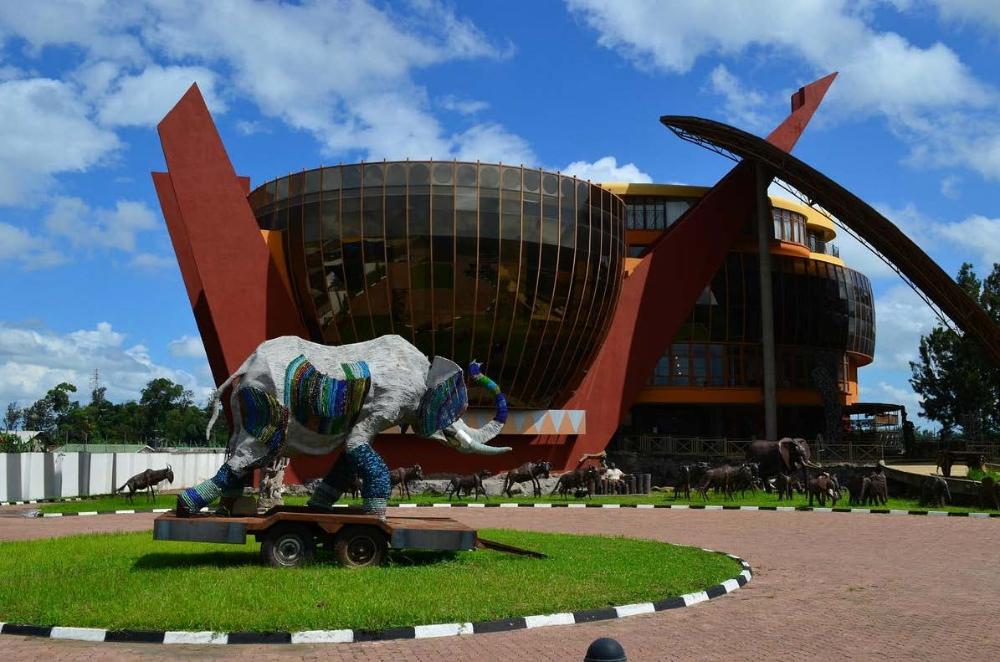
This course is delivered in three interconnected components. During summer term, students will participate in several preparatory class sessions and online modules including training in community-based learning. This will be followed by travel to Tanzania, for intensive experiential learning with local partner MED (Medicine, Education, Development)LIFE – a nonprofit dedicated to addressing structural violence affecting various tribes and peoples. Students will engage with leaders of local non-profits and enterprises to learn through real stories about the challenges and successes to empowering communities and how structural barriers are being addressed. This experience will wrap up with two required fall term class sessions, during which students will apply lessons learned in Tanzania to a local context, concluding with a final audiovisual project.
By participating in this program, students will:
- Identify key factors in the success and failure of development and volunteerism locally and abroad.
- Understand the benefits of a holistic approach to community-based development shaped by history and culture.
- Engage with Tanzanian leaders who work to address inequities in their communities.
- Consider forms of structural barriers in development and how to curtail harm.
- Learn to be in right relationship to those most impacted by the issues of the course, including each other.
- Reflect upon our experiences and personal identities in relation to our local communities.
Credit/Registration: Students will be registered for CIVC T380 Culture and Community Centered Development 3 credits as part of their fall term course load. Students must leave room for the 3 credits in their credit load when registering or will be billed for credits exceeding the 20 credit maximum.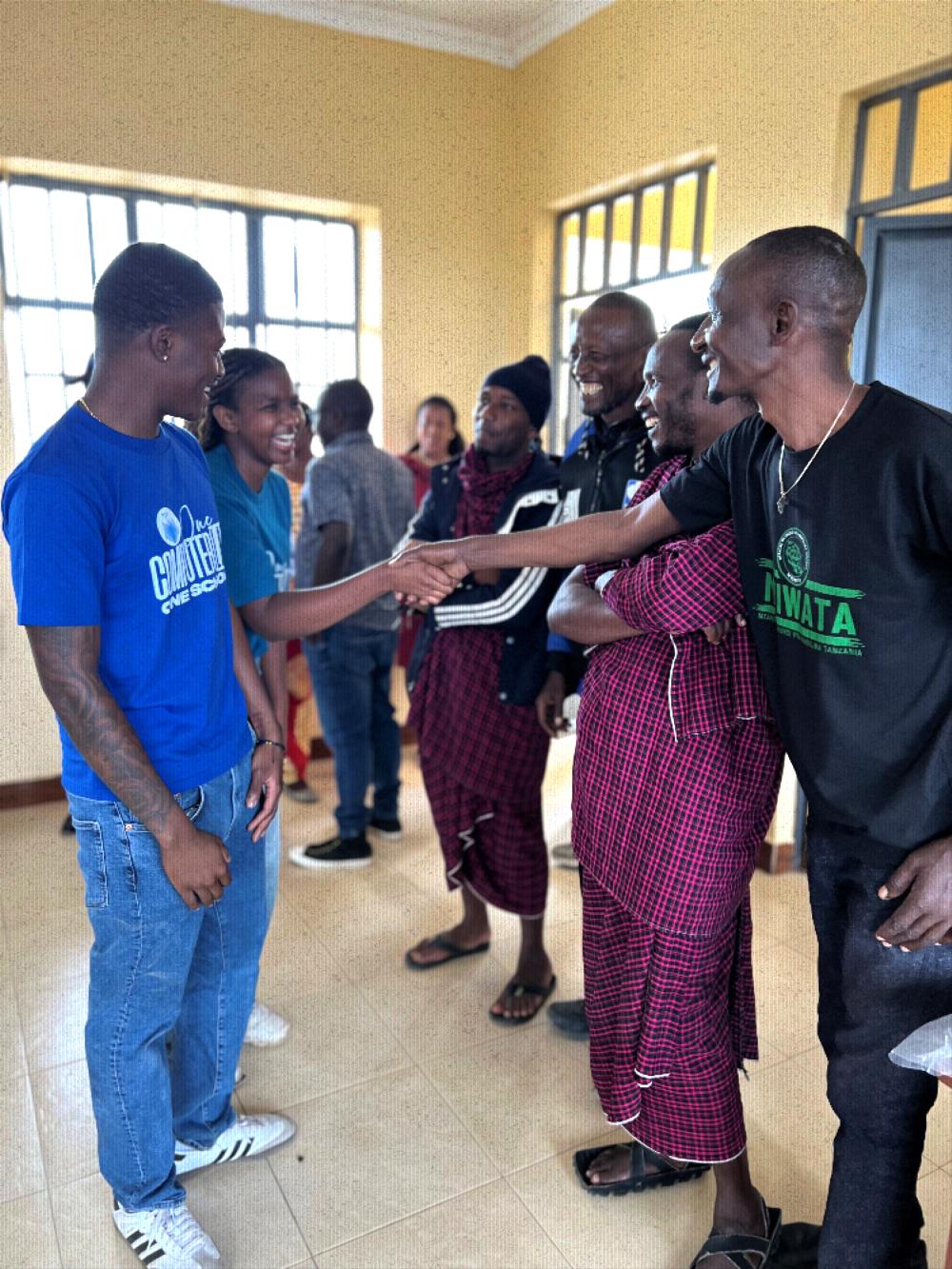
Eligibility: This program is being offered in partnership with Drexel's Center for Black Culture (CBC) and the Lindy Center. Students will be selected based on a track record of engagement and leadership with the CBC, BRIDGE programs, and/or local civic engagement / justice work. The program is intended for students in all majors with an interest in development work, social enterprise, sociology, political science, social justice, and/or global studies.
Course Structure & Requirements
- Pre-Travel: 3 in person classes (below). BBLearn readings and audio/visual materials, discussion board posts, and reflective writing assignment to prepare for experiential learning in Tanzania.
- Tanzania: program activities, interviews with community leaders, group discussions
- Post Travel: 2 in person sessions; final project
Instructors
Ahaji Schreffler, Senior Director, Education Abroad (ahaji@drexel.edu)
Sharde Johnson, Director, Center for Black Culture (snj32@drexel.edu)
Pre-Travel (Summer Term): In person sessions and BBLearn readings and audio/visual materials, discussion board posts, and assignments to prepare for experiential learning in Tanzania.
Summer Sessions 5:00 pm - 7:00pm (dates TBD)
Week 6: Lecture and discussion
Week 8: Lecture and discussion
Week 10: Pre-departure orientation
Tanzania Experiential Learning: Active engagement in program activities, dialogues with community leaders, peer-led group discussions, reflective journals
Post-Travel (Fall Term): 2 in person wrap up classes; final project
Tanzania Tentative Itinerary
Start: September 5th, 2025 (depart US September 4th)
End: September 15th, 2025 (return US September 14th)
Day 1 Arrival Kilimanjaro airport; check in accommodations
Day 2 Arusha and its Museums: Group orientation. Visit the Museum of Natural History, located in the Old German Boma this museum is an interesting mixture of history, environment, and culture. Learn about the development of humankind, nature, German colonialism in Tanganyika and the many different ethnic groups that inhabit this territory. Visit the Cultural Heritage Centre, one of the largest privately owned collection of shops and galleries in east Africa, which showcases art from renowned artists around the African continent.
Day 3 Reality Tour of MEDLIFE’s work: This day provides students a first-hand look at Tanzanian lifestyle, culture, medicine and health care related to MEDLIFE’s work. The group will visit public health and safety offices, the second oldest church, and learn about the traditional life of the Chagga people, who live in the mountains.
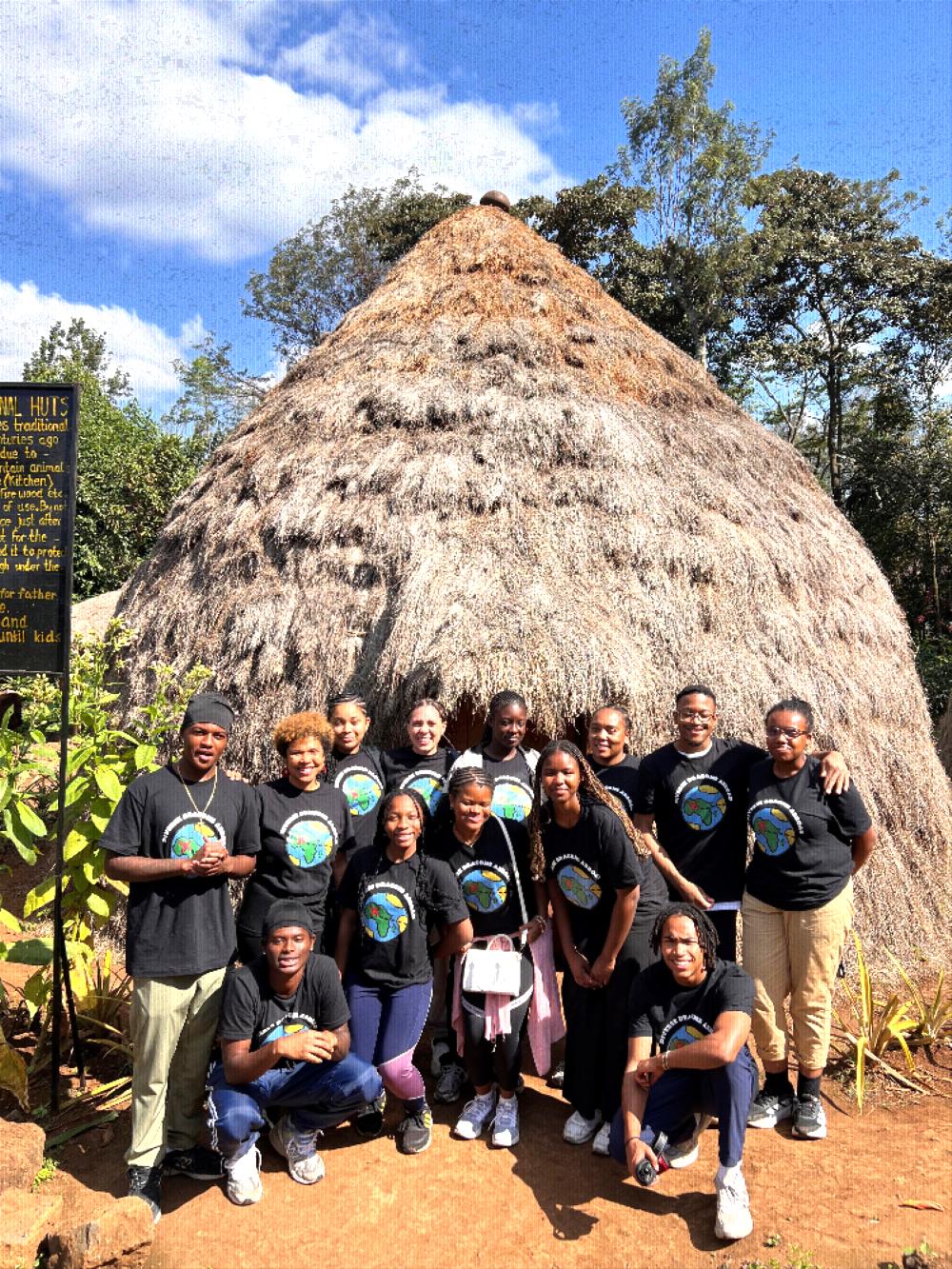 Day 4 Coffee Industry & Development:
Day 4 Coffee Industry & Development: Learn about one of their most important sources of income in Tanzania - coffee. Tour the farm with coffee tastings, and meet a representative of a Coffee Producer Association to discuss how Fair Trade gives the farmers access to the global markets and what are the barriers and opportunities for development in the coffee business.
Day 5 Moshi's Markets: In the morning, visit the Memorial Market - this big second hand market reveals the results of over-consumption, fast fashion, and the political and economic forces at work in the global economy. After lunch, visit Mbuyuni Market to witness a glimpse of everyday African life where fresh produce and household goods are sold.
Day 6 Community Traditions: Gain a deeper understanding of Tanzanian ancestral knowledge by meeting traditional Herbalist and Midwives. Enjoy a meal prepared by the host community. After lunch visit, enjoy the Chemka Springs and connect with African earth and water.
Day 7 Cultural Exchange: Learn from the pastoral Maasai Community about their traditional ways of life. In this village you will be offered the possibility to buy Maasai crafts. In the afternoon, partake in a live cooking class, joined by local university students. Learn how to prepare delicious Tanzanian cuisine while engaging in a cultural exchange and maybe making a new friend!
Day 8 Drexel Computer Lab Launch The Drexel ICA group will help establish a computer lab in a public school with TEDI NGO, aiming to enhance the integration of technology into teaching and learning in low-resource public schools to prepare young people for the digital economy and the future of work. In the evening, roundtable discussion with TEDI founder, Gloria Anderson.
Day 9 Activities and exploring in Moshi with rest and reflection time at the lodge. Students may also opt to participate in
Tarangire National Park (OPTIONAL at additional cost). Tanzania is the home of the safari - as in the local language of Swahili the word safari means
journey. And that it will be a transformative journey spotting wildlife, learning about the local culture, and experiencing first hand the importance of protecting the natural world.
Day 10 Final reflection, check out, souvenir shopping and departure
Due May 1st - $365 Advanced Payment + $25 Application Fee
Due July 1st - $1,400 Final Payment
*All payments are non-refundable unless declined admission.
Included in Program Fee:
- 9 nights accommodations double occupancy
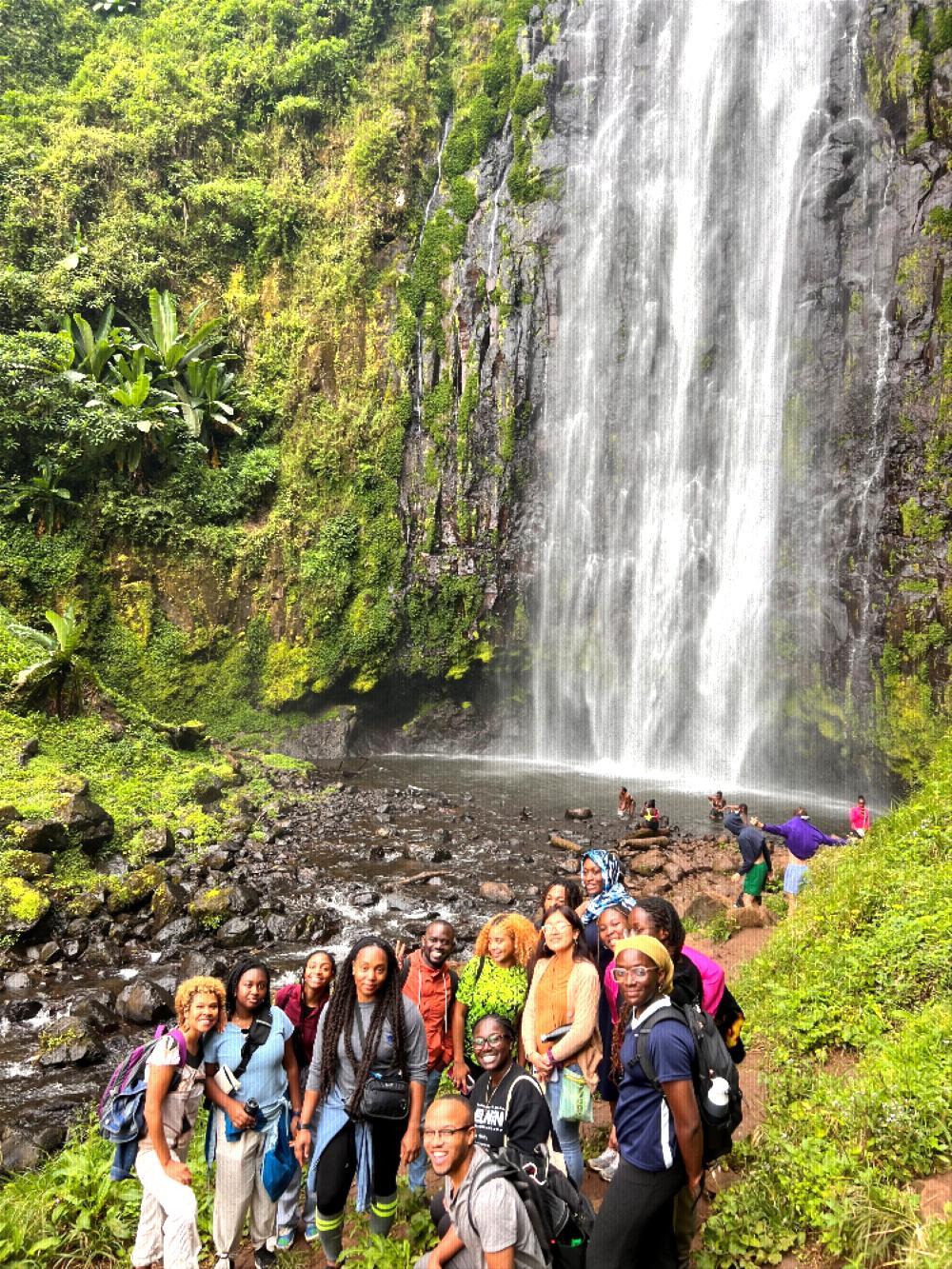
- 9 Breakfasts, 6 lunches, 6 dinners
- Program visits and tours
- Museums entry fees and local guides
- Local transport including airport transfer
- Medlife Onsite support team
- On Call emergency assistance and health insurance
Not Included in Program Fee (Estimated):
- Regular Drexel tuition
- Round trip flight NYC to Tanzania $1,700 (flight scholarships available)
- Passport $165
- Tanzania tourist visa $100
- Airport transfer to/from NYC $80
- Meals not included $100
- Malaria medication (if advised by doctor)
- Spending money $100
- Text books: $20
- Optional Full Day Safari in Tarangire National Park $450
Financial Aid: Grants funded by Drexel Global and the Center for Black Culture ranging from $600 - $1,250 will be awarded to all students with demonstrated financial need (per Drexel Central guidelines) to offset the program expenses.
Decisions will be made after the May 1st application deadline. Any student with
high financial need who is accepted into this program will receive some level of financial support. All scholarship recipients are required to complete a post travel project during fall term to raise awareness about study abroad or their scholarship will be rescinded.
- Program Partner: MEDLIFE is a 501(c)(3) non-profit organization that partners with low-income communities in Latin America and Africa to improve their access to medicine, education, and development (MED) projects. MEDLIFE believes that in order to improve the overall health and welfare of families and communities in need, a comprehensive approach is needed.
- A flight itinerary to Kilimanjaro airport will be provided with arrival and return times that align with the program schedule.
- US Citizens are required to obtain a tourist visa for entry to Tanzania. Other nationalities should confirm visa requirements on the Tanzania Embassy website.
